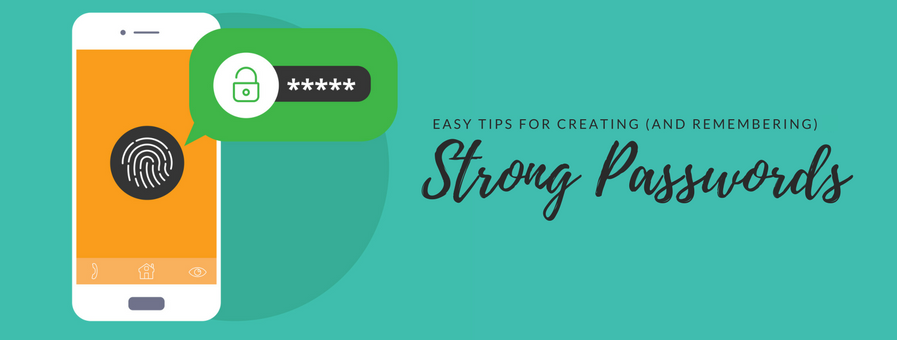
INTRODUCTION
Passwords are an important part of system security at StMU.
They serve as the first line of defense in preventing unauthorized access to campus computers and data. Because of this, it is important to choose passwords that are complex enough to prevent others from guessing them or from cracking them with "password cracker" programs.
It is also important to keep passwords strong, secret and secure. Below we provide recomendations for creating a strong, easy to remember password.
Make Your Password Unique
Use a different password for each of your important accounts, like your email and online banking.
Reusing passwords for important accounts is risky. If someone gets your password for one account, they could access your email, address, and even your money.
Make your Password longer & More Memorable
Long passwords and passphrases are stronger. These tips can help you create longer passwords that are easier to remember. Try using:
- A lyric from a song or poem
- A meaningful quote from a movie or speech
- A passage from a book
- A series of words that are meaningful to you
- An abbreviation: Make a password from the first letter of each word in a sentence
Avoid choosing passwords that could be guessed by:
- People who know you
- People looking at easily accessible info (like your social media profile)
Use Letters, Numbers & Symbols
Passwords with different types of symbols might be more difficult for people to guess, but also might be harder for you to remember. You should set up your recovery information to avoid getting locked out if you forget your password.
Combine different types of characters
Use a mix of alphanumeric characters (letters and numbers) and symbols:
- Uppercase (capital) letters. Examples: A, E, R
- Lowercase (small) letters. Examples: a, e, r
- Numbers. Examples: 2, 6, 7
- Symbols and special characters. Examples: ! @ & *
Recommendations & examples
Replace letters with numbers & symbols: Choose a word or phrase and use numbers and symbols instead of some letters. Examples:
- "Spooky Halloween" becomes "sPo0kyH@ll0w3En"
- "Later gator" becomes "L8rg@+0R"
Abbreviate a sentence: Come up with a sentence and use the first letter of each word. Example:
- "Uncle Peter always ate chocolate-covered everything!" becomes "uP@8cCe!"
Avoid Personal Info & Common Words
Don't use personal info
Avoid creating passwords from info that others might know or could easily find out. Examples:
- Your nickname or initials
- The name of your child or pet
- Important birthdays or years
- The name of your street
- Numbers from your address
Don't use common words & patterns
Avoid simple words, phrases, and patterns that are easy to guess. Examples:
- Obvious words and phrases like "password" or "letmein"
- Sequences like "abcd" or "1234"
- Keyboard patterns like "qwerty" or "qazwsx"
- Any examples in this article, like "sPo0kyH@ll0w3En" or "uP@8cCe!"
Keep Passwords Secure
- After you create a strong password, take steps to keep it safe.
- Never write your passwords
- We strongly recommend against but, if you need to write your password down, don't leave it on your computer or desk. Make sure any written passwords are stored somewhere that's secret or locked.
- Manage your passwords with a tool
- If you have trouble remembering multiple passwords, consider using a trusted password manager. Take some time to research the reviews and reputations of these services.